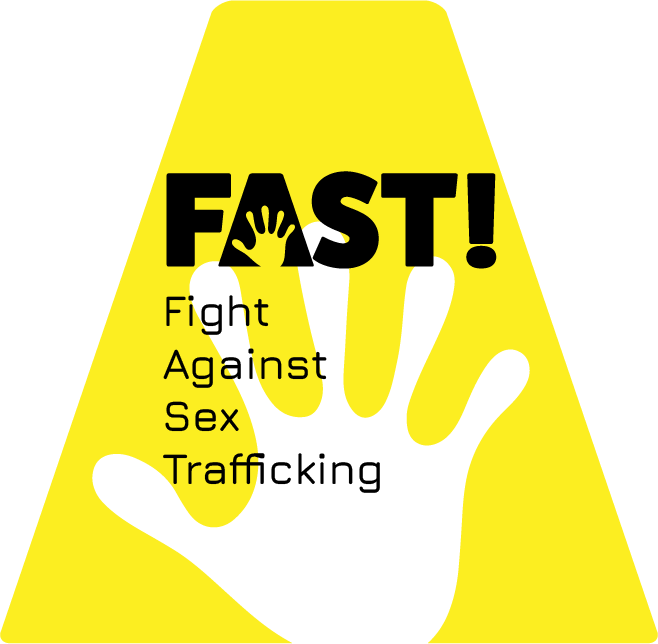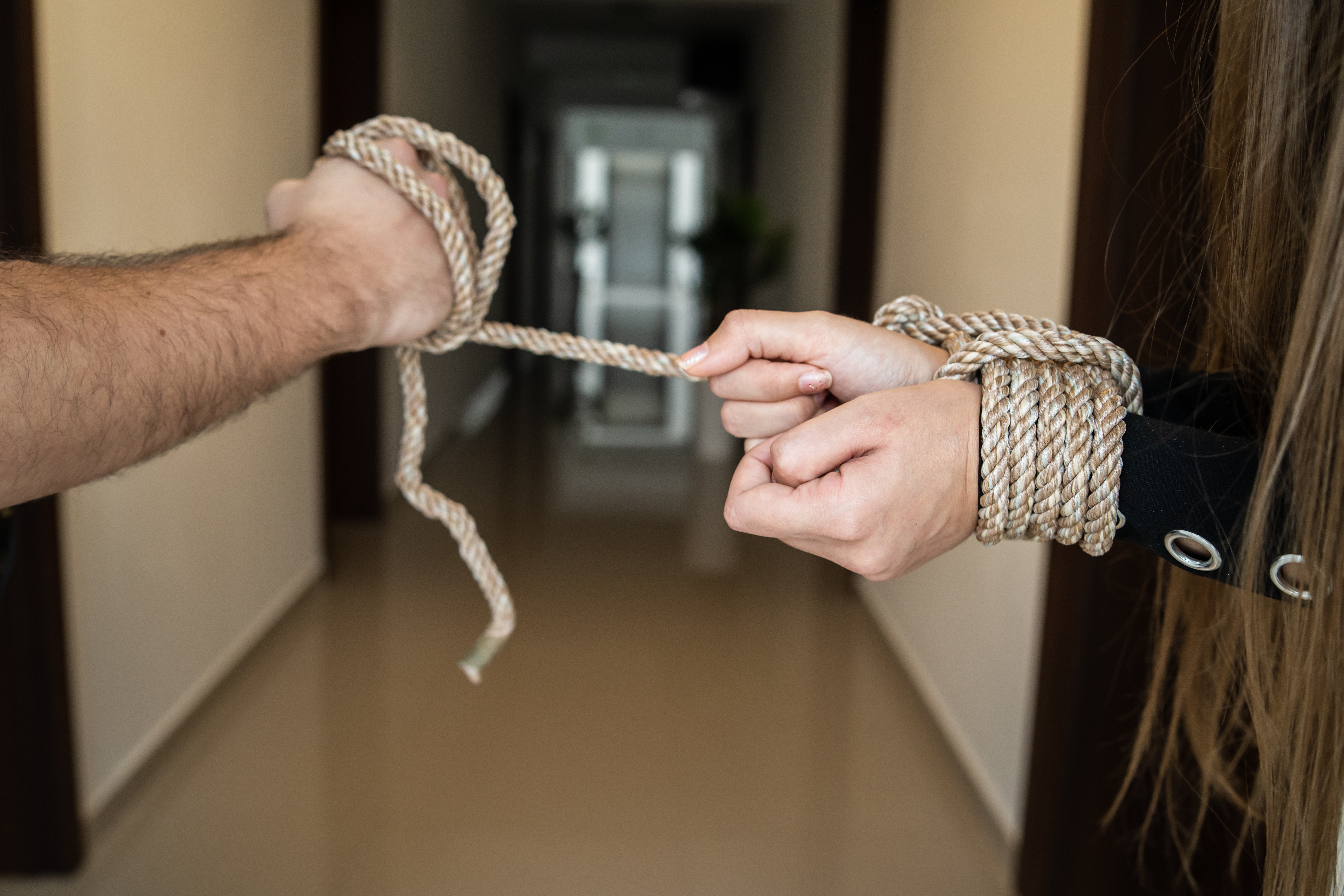The United Arab Emirates (UAE) has a foundation built upon human suffering that starkly contradicts its outward opulence. Millions of South Asian migrants, primarily from India, Pakistan, and Bangladesh, are enticed by the promise of high wages and stability that the UAE seemingly offers.
The UAE’s deeply entrenched kafala system and exploitative labor practices persistently cast a shadow over the lives of these hopeful migrants. This cycle of abuse, marked by systemic injustice and exploitation, reverberates globally as a poignant reminder of the precarious state of human rights in the pursuit of economic prosperity. It calls upon nations worldwide to stand firm in upholding the inherent rights of every individual, irrespective of their origin or background.
The journey of these migrants begins with alluring promises but quickly descends into a web of deceit. They bear the weight of exorbitant travel and visa costs, expenses that should legally fall upon the shoulders of their prospective employers but are often shifted to the migrants themselves.
Upon arrival in the UAE, they face the grim reality of passport confiscation, rendering them powerless in a system where their legal status is tied to their employers under the kafala system. This vulnerability deepens as they endure grueling work conditions, often laboring 12-hour shifts for seven days a week, while their promised fair wages turn into meager compensation, averaging around $175 per week.
The COVID-19 pandemic and economic downturn exacerbated their plight, leading to mass unemployment and destitution. Many found themselves in squalid work camps on the outskirts of the city, devoid of basic amenities, juxtaposed against the extravagant lifestyle elsewhere in the UAE.
The Global Slavery Index revealed a chilling statistic – approximately 132,000 individuals are trapped in modern slavery within the UAE.
International organizations, including the International Trade Union Confederation (ITUC), have issued a call to action, emphasizing the need for collective efforts to comprehensively confront modern slavery. The UAE’s response is a litmus test of our commitment to global justice and human rights.
Read the full article here.



